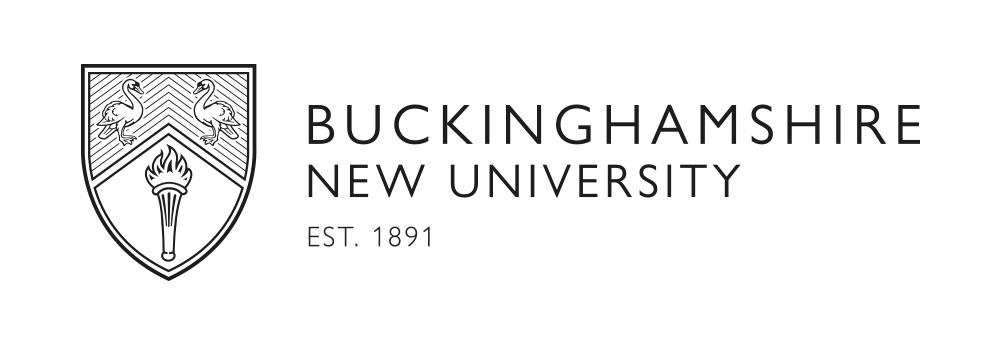Radicalisation is the process through which an individual or group develops extreme political, social or religious beliefs. Violent extremism is when a person or group uses fear, terror or violence to try and achieve change.
Prevent safeguards people at risk of radicalisation in a similar way to safeguarding processes designed to protect people from gangs, drug abuse, and physical and sexual abuse.
Radicalisation can happen both face to face or online. It is easier than ever to be groomed by terrorist recruiters on the internet and to find extremist materials. Everyone is different, and there is no checklist that can tell us if someone is being radicalised or becoming involved in terrorism. But these common signs may mean someone is being radicalised:
Prevent safeguards people at risk of radicalisation in a similar way to safeguarding processes designed to protect people from gangs, drug abuse, and physical and sexual abuse.
Radicalisation can happen both face to face or online. It is easier than ever to be groomed by terrorist recruiters on the internet and to find extremist materials. Everyone is different, and there is no checklist that can tell us if someone is being radicalised or becoming involved in terrorism. But these common signs may mean someone is being radicalised:
- expressing an obsessive or angry sense of injustice about a situation, and blaming this on others
- expressing anger or extreme views towards a particular group – such as a different race or religion
- suggesting that violent action is the only way to solve an issue
- sharing extreme views or hatred on social media
